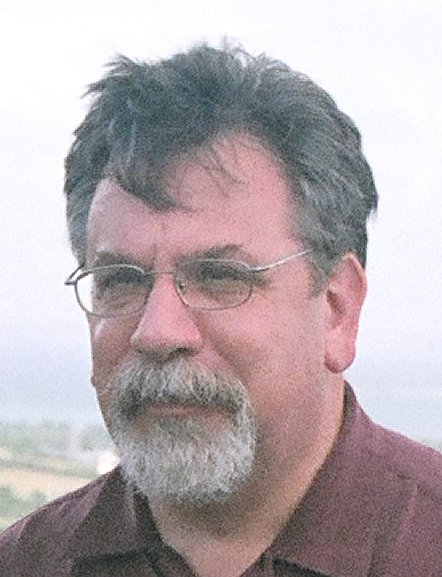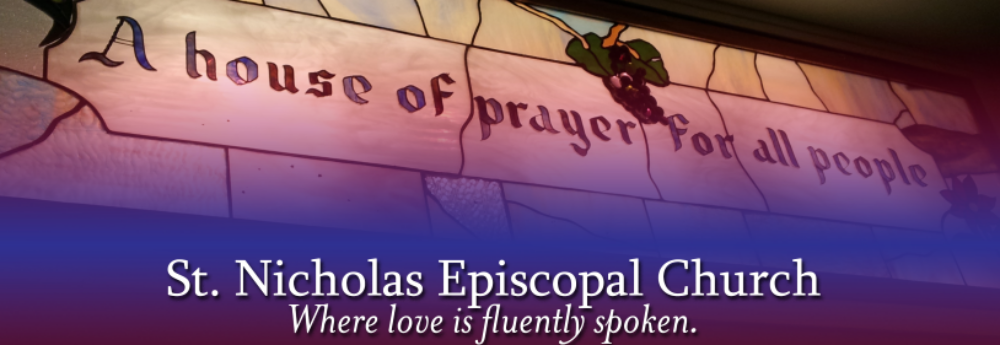 Somehow it’s been a while since I’ve brought this page up to date on what the Book Club has been doing. In July, we read and discussed one of my favorite books, Good Omens: The Nice and Accurate Prophecies of Agnes Nutter, Witch. It wasn’t everyone’s cup of tea, but made for some good discussion about dealing with God’s “ineffable” plan when one thing we know about it is that if there is a plan, it’s beyond our understanding.
Somehow it’s been a while since I’ve brought this page up to date on what the Book Club has been doing. In July, we read and discussed one of my favorite books, Good Omens: The Nice and Accurate Prophecies of Agnes Nutter, Witch. It wasn’t everyone’s cup of tea, but made for some good discussion about dealing with God’s “ineffable” plan when one thing we know about it is that if there is a plan, it’s beyond our understanding.
Following this, in August we returned to nonfiction with two conceptually related books: Man’s Search for Meaning, by Viktor Frankl, and Existentialism and Human Emotions, a collection of separate essays by Jean-Paul Sartre. Although written from distinctly different perspectives, both books deal with the human need to find meaning in life. Sartre insisted that meaning must be found by each person independently, specifically (in significant part) because he did not believe in God as a source of meaning; Frankl, on the other hand, stressed that regardless of whether a meaning in life is found in religion or elsewhere, it is the deepest need of each human psyche. His doctrine of psychological treatment based on this concept, known as logotherapy, was formed in part before, but tested and further developed during, Frankl’s imprisonment in Auschwitz and other Nazi death camps.
Our September book was our first recent best-seller, The Shack, by William P. Young. Reviews of the book were mixed, but it sparked an interesting discussion of concepts of divinity and the relation of God to Man.
In October we will be tackling the evolution – creationism – “intelligent design” debate, with Only a Theory, by Kevin R. Miller. This educational but highly readable book examines the debate between evolution science and so-called “creation science,” seeking to help people understand what the argument is really about and, more important, why it matters. It does so by examining what each of the major perspectives actually says is true, and what one says (or doesn’t say) about the other. Along the way it provides some education in a careful selection of intriguing science topics, told from a highly expert point of view but clearly explained for non-scientists. We will be meeting to discuss “Only a Theory” on Saturday, October 30, at 9:30 AM. All are welcome!
– Steve G


